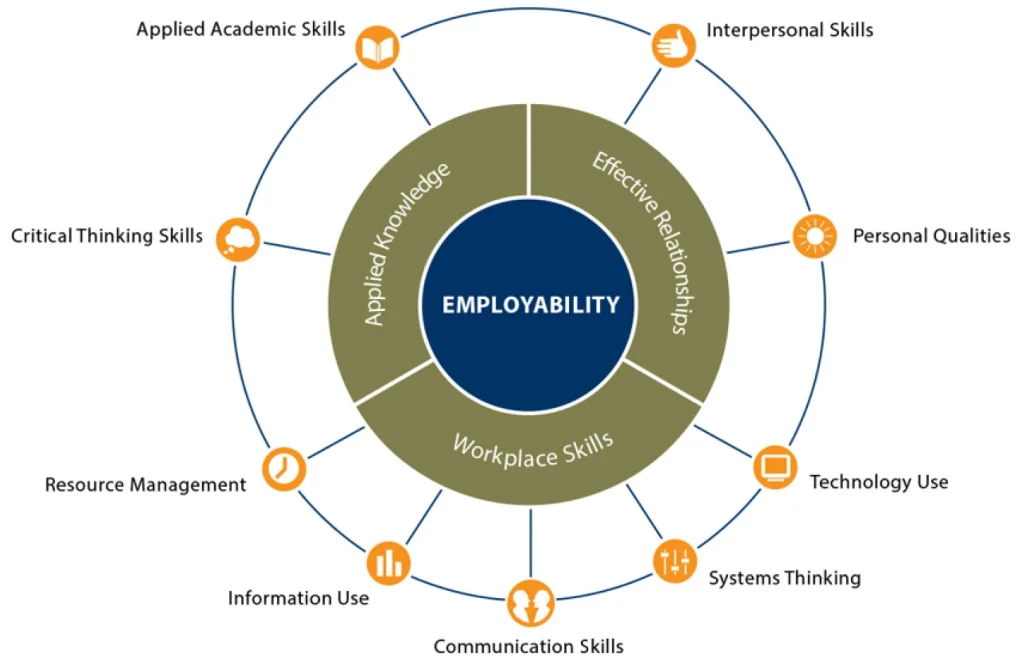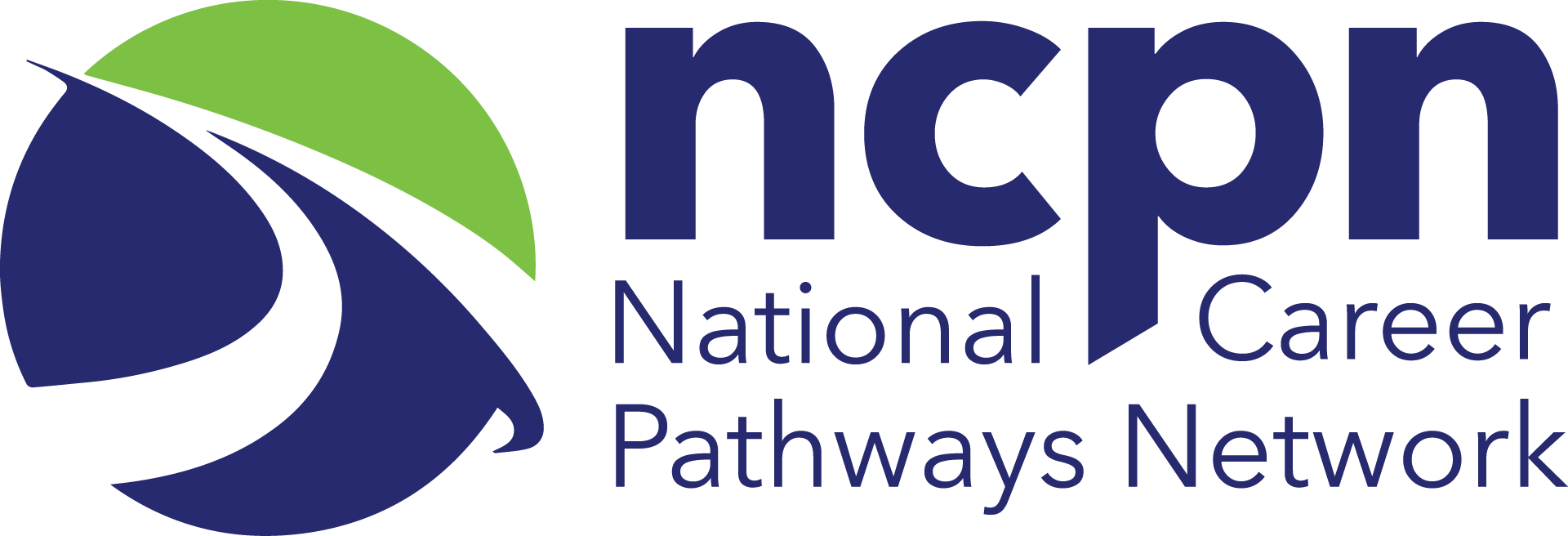Pathway Perspectives
The online journal of the National Career Pathways Network
Infusing Necessary Skills into CTE-STEM Curriculum

Hope Cotner
PI, Necessary Skills Now Network

Marilyn Barger
Co-PI, Necessary Skills Now Network
The accelerating rate of technology adoption has dramatically altered the jobs we do and how we do them. While efficiencies have been realized across sectors, the changes brought about by remote work have illuminated the fact that “uniquely human” skills like communication and problem solving are sorely lacking among today’s workforce. Research indicates this skills gap is particularly acute among STEM technicians.
The Necessary Skills Now (NSN) Network, an initiative funded by the National Science Foundation’s Advanced Technological Education program, brings together educators, employers, and researchers to share strategies and resources for improving the employability skills of entry-level CTE-STEM technicians. The NSN Network places particular emphasis on helping community college faculty embed employability skills instruction into existing technical courses. In this article we share research, recommendations, and no-cost resources for teaching employability skills.
Employability skills are “general skills necessary for success in the labor market at all employment levels and in all sectors.” Whether you refer to them as soft skills, 21st-century skills, or a host of other terms, employability skills are a critical ingredient for success in the workplace. But developing and assessing these skills can be daunting. The U.S. Department of Education’s Employability Skills Framework organizes these competencies into three categories: Applied Knowledge, Effective Relationships, and Workplace Skills. The framework’s Lesson Planning Checklist can be a great starting point for considering employability skills integration into curriculum and instruction.

Based on our NSN work with employers in advanced manufacturing, cybersecurity, and information technology, the Network prioritizes six in-demand skill categories for students in STEM-focused two-year degree programs:
- Teamwork (work with others to complete a collaborative, goal-driven effort)
- Problem-Solving (use critical thinking to handle and resolve unforeseen circumstances)
- Verbal Communications (listen, speak, and present to peers, superiors, and customers)
- Written Communications (read and professionally express oneself in business reports, correspondence, etc.)
- Dependability/Work Ethic (deliver work on time reliably, confidentially, and ethically, even under duress)
- Planning and Organizing (efficiently tackle tasks considering company goals and resources, legal restrictions, schedules, quality, safety, etc.)
The biggest barrier to teaching employability skills is time. Faculty consistently report a lack of space in their curriculum to add content. To address this, the NSN team brought together faculty and employers to collaborate on infusing employability skills into existing courses. This work resulted in the development of project-based learning modules based on industry scenarios and an effective approach for teaching employability skills within the context of the workplace. To support CTE-STEM disciplines in adopting this approach, NSN offers no-cost workshops to help faculty:
- Identify intersections of technical and employability content within a program of study
- Partner with local employers to develop authentic industry scenarios
- Design lessons or projects integrating employability skills and technical content
Using an integrated instructional approach provides the benefit of combining student learning objectives from both the technical and employability skill domains. But often, not knowing where to start can be the biggest challenge. We offer the following advice to faculty:
- Identify priority employability skills for your discipline. What do your local employers say are the most critical employability skills new hires are lacking?
- Assess where you are already teaching employability skills and look for opportunities to enhance instruction and measure its impact. It’s unlikely you’re doing nothing to support employability skills, you just may not be doing it in an intentional, coordinated way. Use NSN’s action plan template to identify strategies to enhance your efforts.
- One size does not fit all. Each community, set of employers, and program is different. How your curriculum is organized and the flexibility you have within your instructional sequence will affect how you embed employability skills.
- Many approaches are valid. Use methods that work for your program and local workforce needs.
- Start small by modifying an existing lesson. Add one or more of these:
- Industry scenario
- Project or problem-based learning activity
- Authentic assessment
- One employability skill at a time
- Model good workplace practices. Create a culture of workplace expectations in your classroom. Reinforce this culture throughout your program by advocating for employability skills instruction among your colleagues.
Necessary Skills Now Modules Ten integrated projects are available: five each for cybersecurity and advanced manufacturing programs. The classroom-ready, workplace-relevant modules are built around industry scenarios and address multiple employability skills. An implementation guide accompanies the set. NSN’s scenario development form can be used directly with employers to gather workplace scenarios on which to build a lesson or project.
New World of Work Series Developed by the California Community College system, this series of lessons and videos helps instructors teach “Top 10” 21st Century employability skills, as identified by industry skills panels. The “What Not to Do” videos help jumpstart class discussions.
Goodwill Community Foundation Tutorial/Videos The GCF Job Seeker Tutorial offers 11 mini-modules that teach tips and strategies for succeeding on the job in any career field. Also, if you are looking for short videos to share in class, check out GCF’s YouTube Channel for a collection of concise tutorials on a wide range of work-readiness topics.
We hope this information encourages you to pursue new ways of thinking about employability skills instruction. We close with key themes the NSN team has observed in our work:
- Employability skills must be practiced over time, not just in a capstone course.
- Teaching employability skills within the context of the workplace can be a gamechanger.
- Employability skills are continuously developed throughout an individual’s career.
To access more resources and learn about opportunities for professional development, visit our website
For more information, contact the authors at hcotner@cord.org and marilyn.barger@flate.org.


